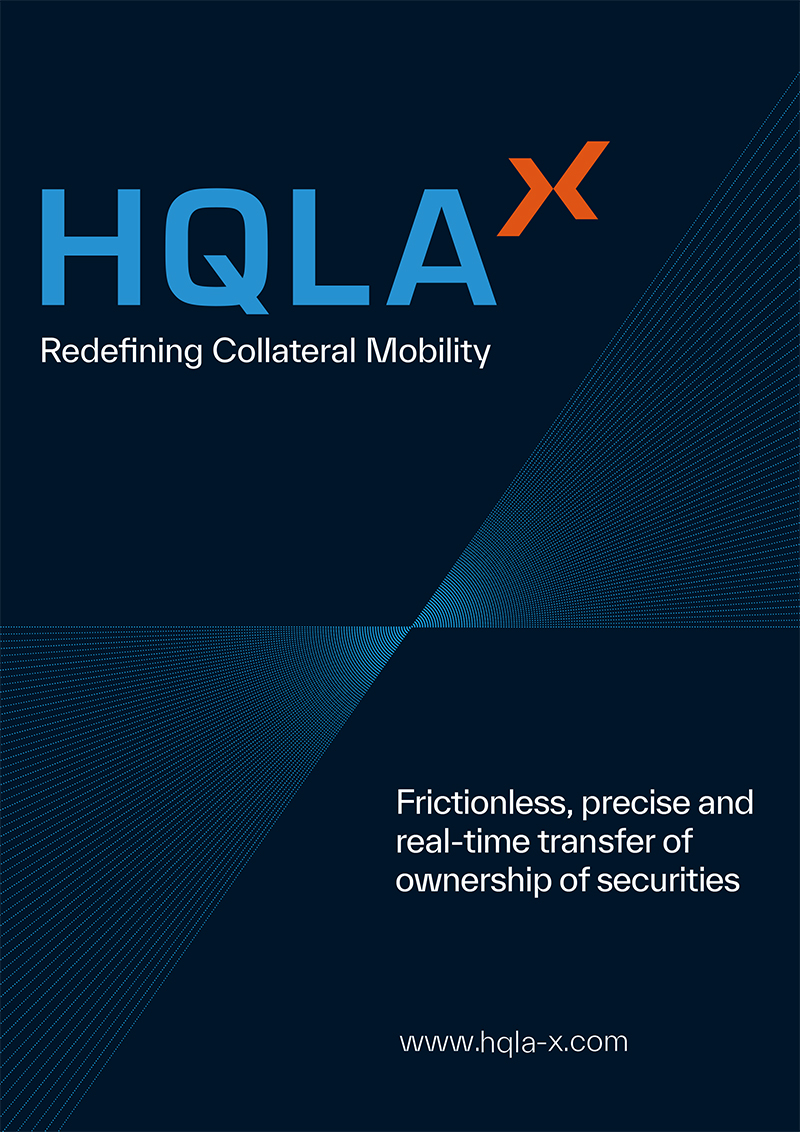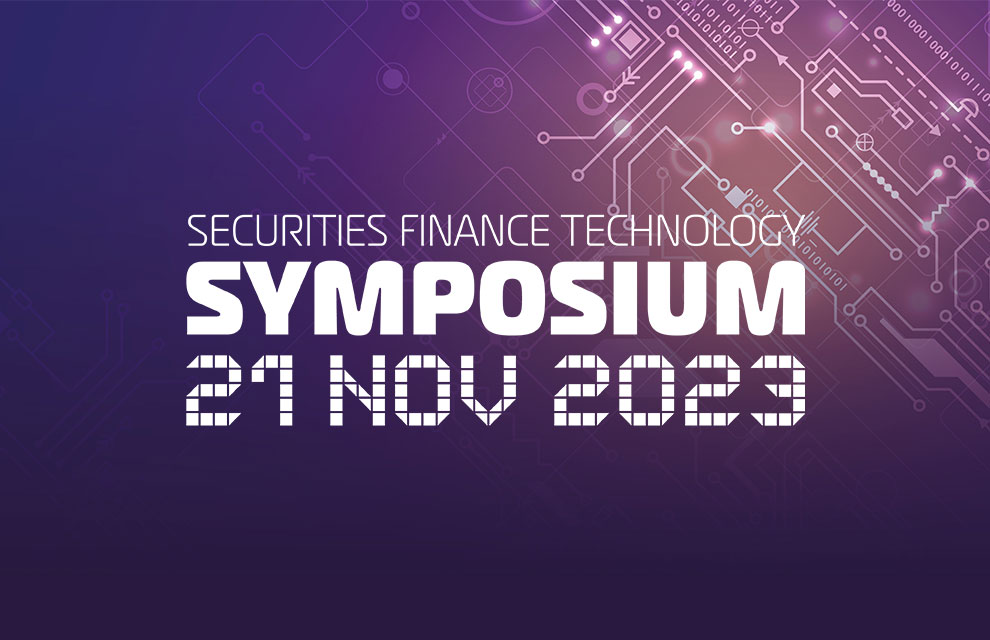Institutional owners are restricting lending of companies perceived as unsustainable, according to Travis Whitmore, senior quantitative researcher and head of securities finance research at State Street Associates.
A presentation titled ‘The Effect of ESG on the Global Equities Lending Market’ at the International Securities Lending Association’s (ISLA’s) Annual Securities Finance and Collateral Management Conference, evaluated a State Street study which looked at supply, demand and proxy voting.
Titled ‘ESG and Securities Lending Market: An Analysis of Supply, Demand, and Proxy Votes’, the study by State Street Associates covers 3500 equities globally over the course of 2015 to 2021.
When discussing aggregate levels of lending supply in the market and how ESG might be impacting them, Whitmore reveals that there is a significant difference in the average lendable supply relative to a firm’s market cap, between highly ranked ESG firms and poorly ranked ESG firms.
The study reveals top performing ESG firms have around 32.5 per cent of lendable supply, compared to poor performers, which have approximately 31 per cent.
Drivers of this trend include lower institutional ownership — as investors increasingly integrate ESG into their investment decision processes, they are holding less securities of unsustainable, poorly ranked ESG firms.
Moreover, there is seemingly a growing trend of institutional owners restricting lending of companies perceived to be unsustainable. Not only are institutions owning less of the poorly ranked firms, but they are willing to lend less of that as well. This could also be a result of the type of funds that hold these unsustainable firms. This has become a growing trend which has almost octupled over a six year term.
In 2015, the difference between supply of highly ranked ESG firms and poorly ranked ESG firms was around 0.5 per cent on average, and in 2020 it was negative -4 per cent.
In terms of borrowers and what they are shorting and paying for those shorts, Whitmore says: “The term ‘green shorting’ has been used frequently, which is that short selling can be beneficial for ESG, expressing negative sentiment on unsustainable firms. The study confirms that there is more demand for these bottom ranks, poorly performing securities, and as a result of that, your fees are much higher. This trend not only persists intra-industry, but is even more apparent.”
For example, within the energy industry, the study found a significant increase in shorting for unsustainable companies relative to sustainable ones, a trend which has grown over time. The short amount is almost double for these poorly ranked firms and the fees are twice as expensive.
“There is an interesting dynamic going on. We have lenders restricting supply, owning less of this. Meanwhile, they can earn twice the amount of revenue on some of these stocks,” explains Whitmore.
In terms of institutional engagement on proxy votes, the study recorded 30,000 proxy votes between 2015 and 2021, globally based across different sectors.
Whitmore observes: “20 trade days before our record date, supply drops quite significantly. Almost around 0.6 per cent of a firm's market cap, and right after that record date it snaps back, with 1 per cent of a firm’s market cap at least back onto the market. As a result, utilisation is driven up.”
However, supply is not the only factor impacting utilisation — known as value on loan or lendable value — there is also an increase in demand over proxy record dates.
Demand increases slightly 10 days prior to the record date — the date shareholders must prove ownership to participate in proxy vote — as a result, fees increase also.
Whitmore says: “One could look at this chart and say that is empty voting, that is something that we do not want to see. But what we find is that that is not the case. What is happening there is that it is being driven by ex-dividend dates, and a lot of proxy votes overlap with ex-dividend dates and as such, we see an increasing demand over some of those proxy votes.
“When we look at proxy votes only and no dividend dates, there is only a marginal increase in demand. So there is not much evidence supporting this idea of empty-voting.”
State Street sees shareholder engagement persist across different regions, including the Americas, Asia and Europe.
After analysing the institutional engagement over proxy record dates by sector, the study finds that sectors which are susceptible to negative ESG shocks have a higher level of recalls over proxy record dates.
Whitmore comments: “Energy, Utilities and Materials are some of the highest sectors where we see this level of engagement. These are sectors that we consider typically to be at risk of ESG shocks, particularly energy. They are almost twice the level of engagement as our average, particularly real estate and some of the services sectors, which might be less at risk of ESG shocks.
“Institutions are paying attention to where their investments are and where they should engage. We see this on a single stock level as well. When we do it by the single stock and we compare the top ESG performers versus the bottom ESG performers, we find that institutions are willing to forgo almost twice the amount of revenue to engage on poorly performing ESG firms in order to influence positive ESG outcomes.”
State Street were recently announced the winner of the ESG Initiative of the Year award at the first Securities Finance Times Industry Excellence Awards 2022.




